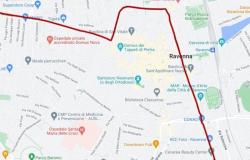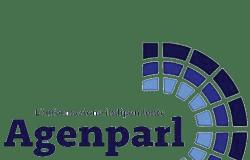A year and a half after the approval in the Regional Council, starting tomorrow in Puglia, what the president of the 1st Budget Commission, Fabiano Amati (Action), proudly defines as the “genetic identity card project” will begin.
The project will begin with the analysis of 3,000 newborns (1,500 per year) in the main birth centers in the region, with the aim of extending it to all newborns and all birth centers.
The OK to the “Puglia Genome” law proposal. Research program for the early diagnosis and treatment of genetically based rare diseases” was given in March 2023, with a majority in favor and a few votes against and abstentions. The law, promoted by Amati and signed by several councilors, provides for the analysis of 407 genes through a blood sample from the newborn’s heel. This will allow early diagnosis of hundreds of genetic diseases selected by age of onset, significant mortality, available treatments and effectiveness of early diagnosis.
Amati underlines that the project is at the forefront worldwide and places Puglia among the leading regions in medical genetics. “The next step will be to extend the project to all newborns and all birth points to avoid injustice and ensure democracy in the field of medical genetics,” he says.
Amati’s thanks go to the Di Venere Medical Genetics Laboratory, led by Mattia Gentile and his staff, and to the Bari Local Health Authority for the technological support, in particular Giuseppe Volpe.
Regional law n.31 of 2023 finances an advanced research project to expand genetic screening to hundreds of monogenic Mendelian diseases. The criteria for choosing the diseases to be investigated are based on early age of onset, significant morbidity/mortality, available treatments and proven effectiveness of early diagnosis.
The project, called “Genome Puglia”, aims to test the effectiveness of DNA analysis using DBS punching and NGS techniques on approximately 3,000 newborns.. Amati highlights that similar projects are underway in the United States (BabySeq), England and the EU (Screen4Care).
“The goal is to bring Puglia up to speed with this exciting prospect of diagnosing earlier to treat better. Unlike mandatory screening, this is a voluntary research project that requires informed consent,” concludes Amati.
The analysis will be performed at no cost to the families, financed by the Region and without risks for the newborns. Only genes for which there is evidence that early diagnosis can significantly improve disease history will be analyzed.
Lagazzettadimezzogiorno.it reports it




